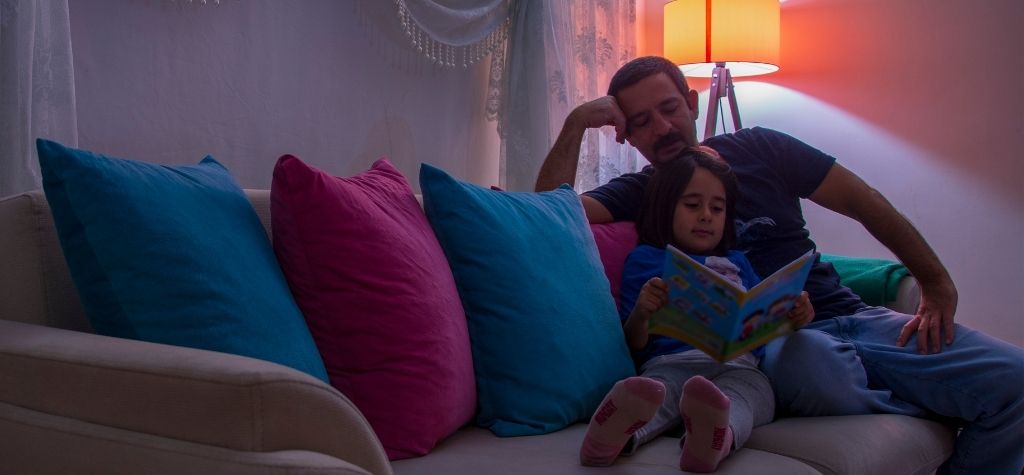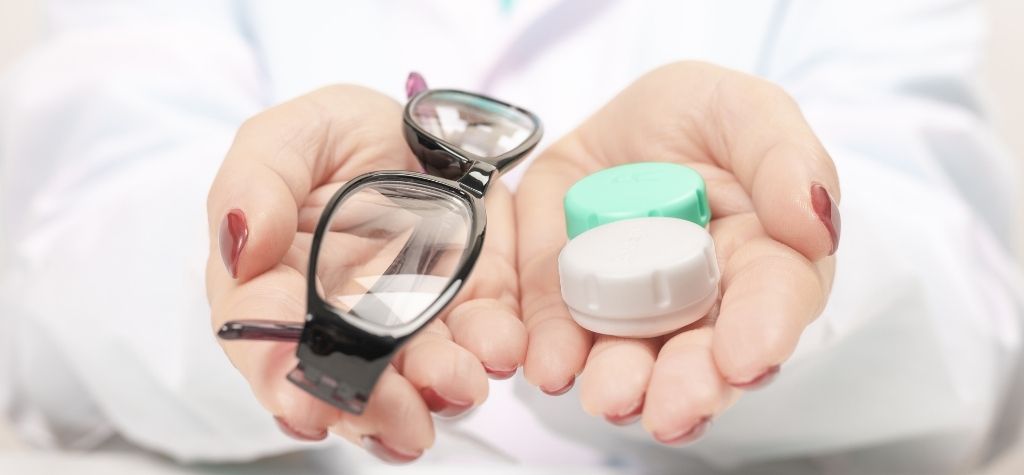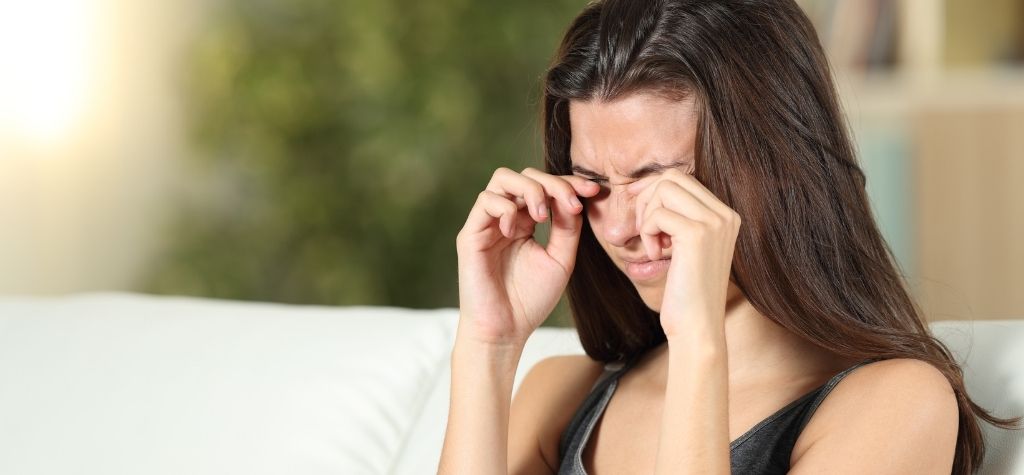Eye health is crucial, but over the years, many myths and misconceptions have spread about how to take care of your eyes. Some of these myths are harmless, while others could be damaging your vision without you even realizing it.
From old wives’ tales to outdated advice, it’s time to separate fact from fiction. Here are five of the strangest myths about eye care that you need to stop believing right now!
1. Reading in Dim Light Will Ruin Your Eyes

One of the most common myths is that reading in low light damages your vision. Many people grew up hearing that they should always have a bright lamp on when reading, or else they would go blind.
The Truth:
While reading in dim light may cause temporary eye strain, it does not cause permanent eye damage. Your eyes may feel tired or dry, but once you rest them, they recover completely.
Why the Myth Exists:
Before electricity, people relied on candles and lanterns, which provided poor lighting. Eye strain was common, leading to the belief that it could lead to long-term vision problems.
Best Practices for Reading Comfortably:
- Use a soft, focused light source that reduces glare.
- Take breaks every 20 minutes to rest your eyes.
- Blink frequently to keep your eyes lubricated.
2. Eating Carrots Will Magically Improve Your Vision
Carrots are often associated with good eyesight, and many people believe that eating them regularly can help you see better at night.
The Truth:
Carrots contain vitamin A, which is essential for eye health, but eating large amounts will not give you superhuman night vision. A well-balanced diet with leafy greens, fish, and nuts is just as important for maintaining healthy eyesight.
Why the Myth Exists:
During World War II, the British Royal Air Force spread the myth that their pilots had exceptional night vision due to eating carrots. In reality, they were using radar technology, but the carrot story was used as a cover to mislead enemies.
Best Foods for Eye Health:
- Leafy greens (spinach, kale) – Rich in antioxidants
- Fish (salmon, tuna) – High in omega-3s
- Citrus fruits (oranges, lemons) – Boost eye immunity
3. Wearing Glasses or Contacts Weakens Your Eyes

Many people hesitate to wear glasses or contact lenses because they believe it will make their vision worse over time.
The Truth:
Wearing glasses or contacts does not weaken your eyes. Your prescription may change over time, but that is due to natural aging or eye conditions, not because of corrective lenses.
Why the Myth Exists:
Some people feel their vision worsens after wearing glasses because they notice the difference more clearly when they remove them. This makes them believe their eyes have gotten weaker, when in reality, they just got used to seeing things clearly.
Best Practices for Wearing Glasses and Contacts:
- Get regular eye checkups to ensure you have the right prescription.
- Wear blue light-filtering lenses if you spend a lot of time on screens.
- Follow proper hygiene practices for contact lens use.
4. Sitting Too Close to the TV Will Damage Your Eyes
Parents often warn children not to sit too close to the TV, claiming it will cause permanent eye damage.
The Truth:
Sitting close to a screen may cause temporary eye strain, but it does not cause long-term damage. Kids tend to sit closer to screens because their eyes can focus better at shorter distances.
Why the Myth Exists:
Early television sets emitted higher levels of radiation, leading to concerns about eye damage. Modern screens, however, are much safer and do not pose the same risks.
How to Reduce Eye Strain from Screens:
- Follow the 20-20-20 rule: Every 20 minutes, look at something 20 feet away for 20 seconds.
- Adjust screen brightness and contrast to a comfortable level.
- Sit at a comfortable distance (about arm’s length from a computer screen).
5. Rubbing Your Eyes is Harmless

Many people rub their eyes when they feel tired, dry, or itchy, assuming it is completely harmless.
The Truth:
Rubbing your eyes can lead to serious problems, including corneal damage, infections, and increased eye pressure. It can also cause dark circles and wrinkles over time.
Why the Myth Exists:
People assume rubbing their eyes is just a natural reflex and don’t realize the risks involved. The pressure applied when rubbing can weaken the cornea, increasing the risk of conditions like keratoconus (a disorder that affects the shape of the cornea).
Safer Alternatives to Relieve Eye Discomfort:
- Use eye drops to reduce dryness.
- Apply a cool compress to soothe irritation.
- Blink frequently to naturally hydrate your eyes.
Final Thoughts: Stop Believing These Myths!
Many eye care myths have been passed down for generations, but believing them can lead to unnecessary worries or even poor eye health habits. It’s important to separate fact from fiction and follow science-backed advice for keeping your eyes healthy.
If you ever have concerns about your vision, the best step is to consult an eye doctor rather than relying on outdated myths.
Which of these myths have you believed in the past?
FAQs: Eye Care Myths and Facts
1. Can staring at a screen all day cause permanent eye damage?
No, but it can cause eye strain, headaches, and dryness. Taking breaks and adjusting screen settings can help reduce discomfort.
2. Is it possible to improve vision naturally without glasses?
While a healthy diet and proper eye care can support eye health, they cannot cure refractive errors like nearsightedness or astigmatism.
3. Are blue light glasses necessary for eye protection?
Blue light glasses can reduce digital eye strain, but there is no strong evidence that blue light causes long-term eye damage.
4. Can eye exercises improve vision?
Eye exercises can help with focus and eye coordination, but they do not correct vision problems like myopia or hyperopia.
5. Does squinting damage your eyes?
Squinting itself does not cause damage, but it can lead to eye strain and headaches if done frequently.
6. Should I get my eyes checked even if I have perfect vision?
Yes, regular eye exams can detect hidden eye conditions like glaucoma or macular degeneration before symptoms appear.

